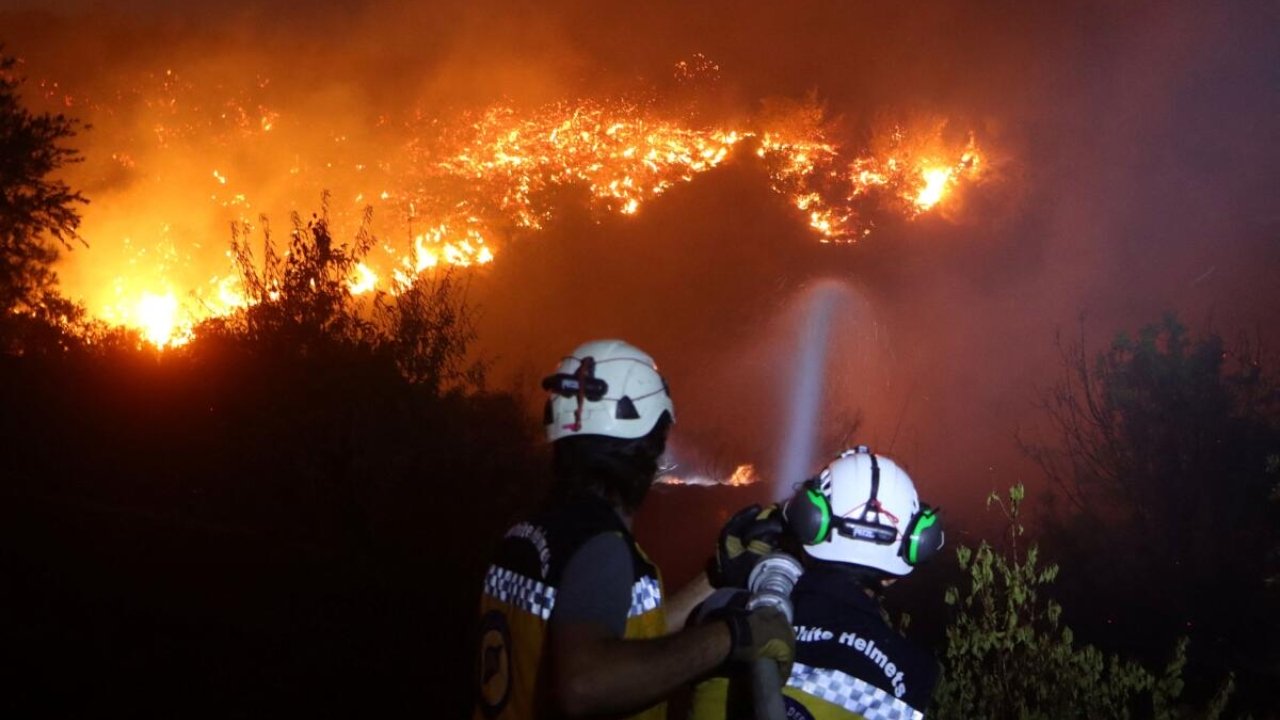Scientists and climate experts have identified four significant factors driving the unprecedented extreme heat and climate disasters witnessed in 2023. These factors, analyzed through comprehensive research, shed light on the intensification of weather events and their impact on ecosystems and communities around the world.
- Global Warming and Greenhouse Gas Emissions: One of the primary factors contributing to the extreme heat is the ongoing global warming caused by the accumulation of greenhouse gases in the atmosphere. The concentration of carbon dioxide and other greenhouse gases continues to rise, trapping more heat and leading to higher global temperatures.
- Ocean Warming and Heatwaves: The warming of oceans plays a crucial role in intensifying weather patterns. Rising ocean temperatures have resulted in more frequent and severe heatwaves, impacting marine life and coastal regions. Scientists emphasize the need to address ocean warming as a critical aspect of climate change mitigation.
- Changes in Atmospheric Circulation Patterns: Alterations in atmospheric circulation patterns, such as the jet stream, have been observed, influencing weather systems and leading to prolonged heatwaves, droughts, and extreme rainfall events in different parts of the world. These changes have far-reaching implications for agriculture, water resources, and ecosystems.
- Melting Ice and Sea-Level Rise: The accelerating melting of ice sheets and glaciers is contributing to rising sea levels, posing significant threats to low-lying coastal regions. Sea-level rise amplifies the impact of storm surges and increases the risk of flooding and coastal erosion.
The combination of these four factors has created a perfect storm of extreme weather events in 2023, resulting in deadly heatwaves, severe droughts, devastating wildfires, and intense tropical cyclones. These events have triggered humanitarian crises, displaced communities, and disrupted ecosystems, underscoring the urgent need for climate action.
Scientists warn that these extreme weather events are not isolated incidents but part of a broader climate crisis that requires global cooperation and immediate measures to mitigate and adapt to the changing climate.
The findings reinforce the importance of international efforts to reduce greenhouse gas emissions, transition to renewable energy sources, and implement nature-based solutions to restore ecosystems and sequester carbon.
As the world grapples with the challenges posed by extreme heat and climate disasters, there is a renewed sense of urgency in accelerating climate actions, setting ambitious emission reduction targets, and implementing resilience-building measures to safeguard vulnerable communities and ecosystems from the impacts of climate change.










